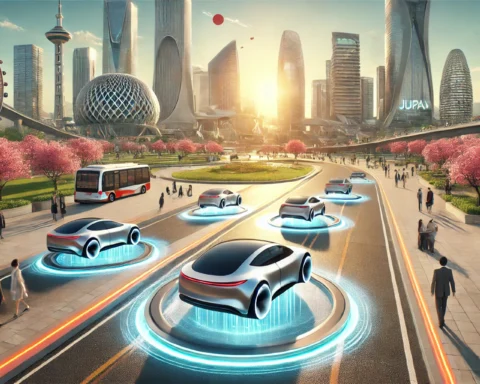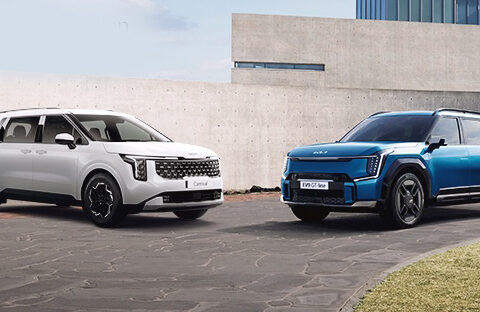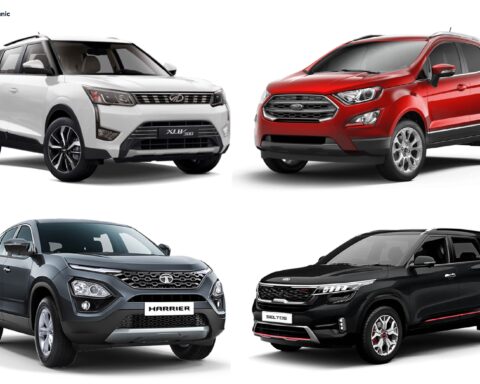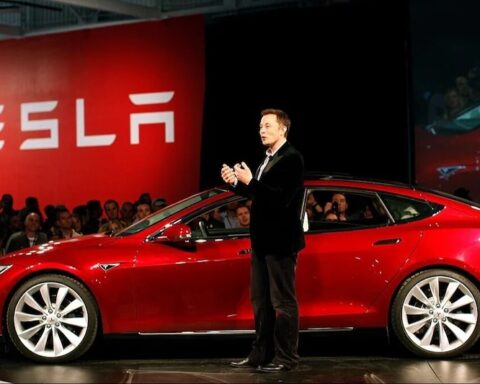Anil Kakkar/TNF
The future of electric vehicles (EVs) in India looks bright and promising. With a growing awareness of climate change and pollution, more people are turning to electric cars as a cleaner, greener alternative to traditional gasoline vehicles. Let’s explore what makes the future of EVs in India so exciting.
Government Initiatives
The Indian government is playing a crucial role in promoting electric vehicles. It has introduced several policies to encourage the production and purchase of EVs. One of the key initiatives is the Faster Adoption and Manufacturing of Hybrid and Electric Vehicles (FAME) scheme, which provides financial incentives to buyers. These incentives make EVs more affordable for the average consumer.
Additionally, the government aims to have a significant portion of all vehicles on the road be electric by 2030. This ambitious goal is supported by investments in charging infrastructure and research and development in battery technology.
Growing Infrastructure
A major concern for potential EV buyers has been the lack of charging stations. However, this is changing rapidly. Cities across India are witnessing the installation of more charging points, making it easier for people to own and operate electric cars. Private companies are also investing in charging networks, ensuring that drivers can find a charging station conveniently.
Furthermore, many companies are developing fast-charging technology, which will reduce charging time significantly. With more charging options available, the fear of running out of battery—often referred to as “range anxiety”—is expected to diminish.
Increased Awareness and Demand
As people become more aware of the benefits of electric vehicles, demand is on the rise. EVs are not only environmentally friendly but also cost-effective in the long run. Owners save money on fuel and maintenance, as electric cars have fewer moving parts compared to traditional vehicles. This has led to a surge in interest from consumers, especially among younger, environmentally conscious buyers.
Moreover, with the increase in petrol and diesel prices, more people are considering electric vehicles as a viable alternative. The benefits of lower operating costs and government incentives make EVs an attractive option for many.
Innovative Technology
The technology behind electric vehicles is also evolving rapidly. Companies are investing heavily in research and development to create better batteries that last longer and charge faster. For instance, the introduction of lithium-ion batteries has significantly improved the performance of electric cars.
Additionally, manufacturers are exploring new technologies like solid-state batteries, which promise even greater efficiency and safety. These innovations will likely lead to more models being available in the market, catering to different consumer needs and preferences.
Challenges Ahead
Despite the positive outlook, there are still challenges to overcome. One significant hurdle is the high initial cost of electric vehicles. While prices are gradually coming down, many consumers still find them more expensive than traditional vehicles. Continued government support and incentives will be essential in making EVs more affordable for the masses.
Another challenge is the need for a reliable supply chain for raw materials used in batteries, such as lithium and cobalt. As demand for EVs increases, ensuring a sustainable and ethical sourcing of these materials will be crucial.
The Role of Companies
Several major automotive companies are entering the EV market in India. Homegrown companies like Tata Motors and Mahindra & Mahindra are investing in electric models, while international players like Tesla are eyeing opportunities in the Indian market. This competition is expected to drive innovation and reduce prices, benefiting consumers.
Moreover, many tech companies are also looking to enter the EV space, focusing on software solutions for charging networks and smart transportation systems. This collaboration between tech and auto industries can lead to more efficient and user-friendly electric vehicles.
In conclusion, the future of electric vehicles in India is bright, filled with potential and opportunities. With government support, growing infrastructure, increasing consumer awareness, and technological advancements, the country is on the path to a greener, more sustainable transportation system. As the challenges are addressed, we can expect electric vehicles to become a common sight on Indian roads, paving the way for a cleaner environment and a better future for all.










